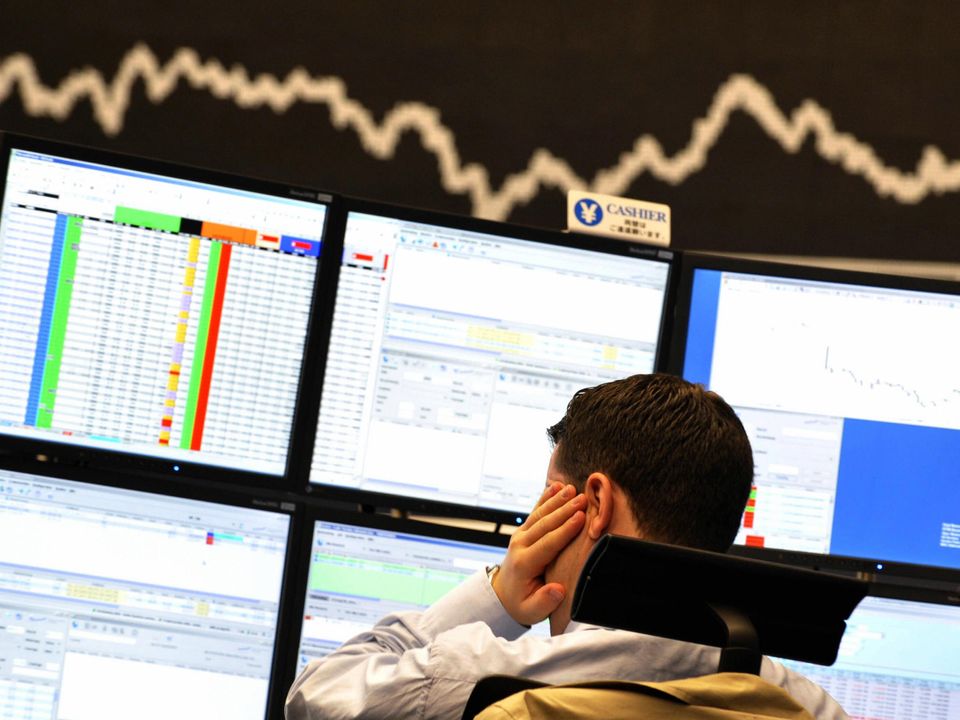General Asad
And What Is Not There Is Always More Than There.

Economists who predicted the 2008 global meltdown say the world economy is in danger once again.
The beginnings of another financial crisis are already in motion - and it will be worse than the global meltdown of 2008.
That's the opinion of one of the select band of economists who predicted the 2008 economic collapse, which started with the bankruptcy of Lehman Brothers bank a decade ago and ended up affecting every country in the world.
Ann Pettifor predicted that crisis in 2006, more than two years before it actually struck. Now she thinks the global economy is in danger once more thanks to huge corporate debt, and the prospect of rising interest rates in the United States.
Global debt is now more than three times the level of global GDP. "So naturally it is not going to be repaid, and naturally there is going to come a point when that debt triggers the next crisis. And, for me, that trigger is going to be high rates of interest," she said.
"We're seeing that companies who borrowed too much money at very low rates of interest are now finding the value of their collateral falling. Their debt is rising and the interest on that debt is rising too."
What's more, she thinks the process has already started.
She said the US Federal Reserve's decision to wind back its support for the economy, and reverse its programme of quantitative easing, has already laid the ground for the next crisis. "In Argentina and Turkey, they are already facing a crisis as a result of the Fed's decision to diffuse the bomb that is QE, and to increase interest rates," she said. "Those decisions have both served to strengthen the dollar, which has hurt their economies."
She said: "I think it will be worse than the last crisis because we don't have the tools. It will be really difficult to start pumping out quantitative easing, buying back all those assets.
Her warning is echoed by others. In an exclusive interview, Tom Russo, former managing director of Lehman Brothers said "the seeds of the next crisis are probably already being watered right now".
He puts the blame on leverage, a measure of corporate debt. "I think it's probably going to be the same fundamental issue of leverage that we had 10 years ago," he said. "We keep on promising things to people without the means to pay for it. It will just become harder and harder to deal with it."
Stuart Plesser, a senior director at the rating agency Standard & Poor's, is one of the most respected banking analysts in America. He said: "There are single B [a low credit rating] companies who are borrowing a lot of money, because rates are low.
"They have borrowed pretty significantly and so, if they don't have a really viable business, or business is impacted by something in the economy, or if rates go up, then the concern is this - can these companies, that have borrowed so much, really have the werewithal to pay back the debt they took on?"
https://news.sky.com/story/next-fin...orse-than-2008-crash-economists-warn-11497433





 Waay kuu dhamatay
Waay kuu dhamatay 
